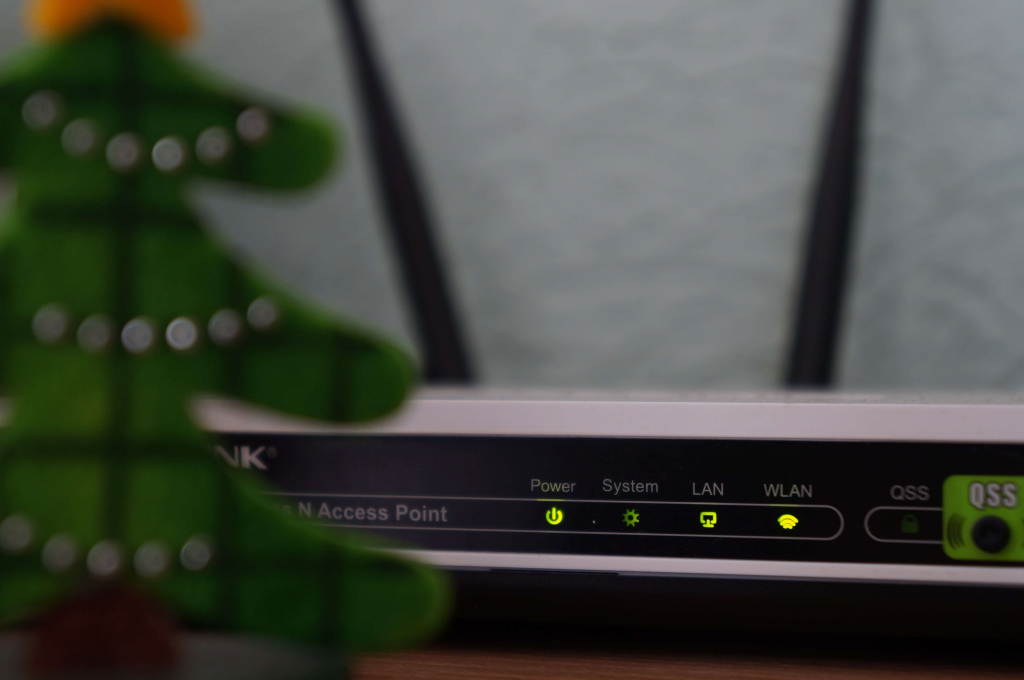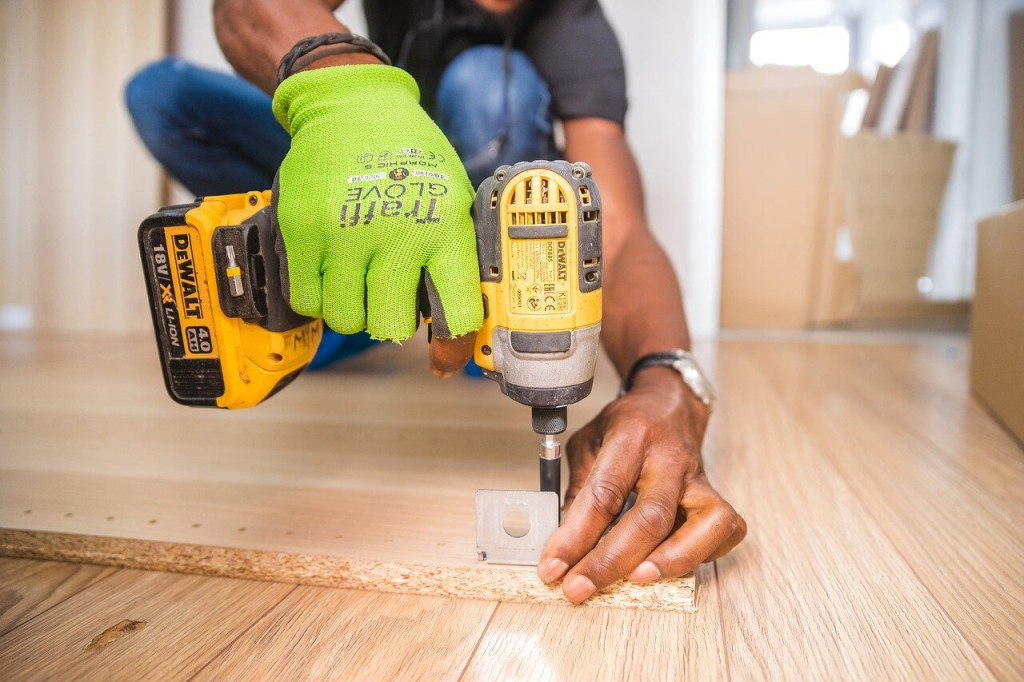Over the years, the course of renting out properties have changed. There is a lot more going on in a lease agreement. Short-term leases are also becoming more common nowadays.
A short-term lease can be a good thing because there are lesser chances of anything bad occurring during a tenant’s stay and it still brings you profit. However, a short-term lease is well — short. You may often experience vacancies because of it. It is kind of a hassle having to deal with different tenants in a span of short time not to mention the repetitive screening of applicants.
Maybe it’s time to change these short-term leases to long-term ones. Let me tell you why and how to do it.
• Stability and consistency
With long-term tenants, you will have a steady stream of income and less to zero vacancies for at least a few years. You can have your routine settled and you do not have to constantly discuss rules and lease agreements.
• Lessens property inspections
Every time a short-term tenant leaves, you have to go through the same process as before. Even though creating your listing on Padleads will increase your odds at finding a new tenant, you still have to go through the whole process of screening, and you have to have your property inspected again.
Inspections have to be coordinated with the appropriate people and this will cost you money. Whereas, for long-term renters, it can be done during property turnover which will be once every few years.

• Lesser regulations
There are stricter policies when it comes to short-term rentals to protect other businesses, such as hostels or Airbnb’s. State laws regarding these are always changing and increasing. They can be charged for additional taxes and fees. Some areas even require a minimum stay of at least 30 days.
Long-term rentals do not have the same level of meticulous rules as there are lesser chances of property issues.
• Electricity and Wifi bills are not your responsibility
Long-term tenants are usually the ones to monitor their bills since these are under their name. If it isn’t included in their rent, they have to pay for it themselves. But for short-term tenants, this is not the case. So, it means the additional job and expense goes to you.

• Basic upkeep is the tenant’s job
Not all the work done in your property should be your task. The basic upkeep usually falls on the tenants.
If the long-term renters wants to add something to improve their homes, they have to take responsibility for doing so.
The short-term ones don’t care about maintenance or upkeep since they do not have to stay for long and they do not see it as their home. It is more like a hotel for them.
• You don’t monitor furnishings
Since their stay is brief, the short-term tenants do not have to provide their furniture or appliances. That is the landlord’s duty. This means you have more things to monitor, maintain, and inventory. You also have to make sure that it has good quality and not buy something just for the sake of having to have it.
• Lesser chances of property damage
As I have said before, short-term tenants will not treat your property as their home but rather a hotel or just a place to go home to and sleep. They will not have a sense of attachment and ownership to the place. That is why they will most likely not care too much about damages and maintenance.

Okay. It’s better to have long-term rentals but how do you do it?
You have to know the situation of the market for your business. Consider the economic state of your area and what regulations exist for these types of rentals. You also have to research on the demands for the types of units that are most popular among renters. Do they prefer apartments or a whole house? You have to know these things.
Of course, we must not forget the most crucial part which is looking for tenants who are willing to rent long-term. Set a time frame on when you should acquire a tenant. Reevaluate your lease agreement accordingly. Just make sure that the screening process is thorough and you will find the perfect long-term tenants you are hoping for.